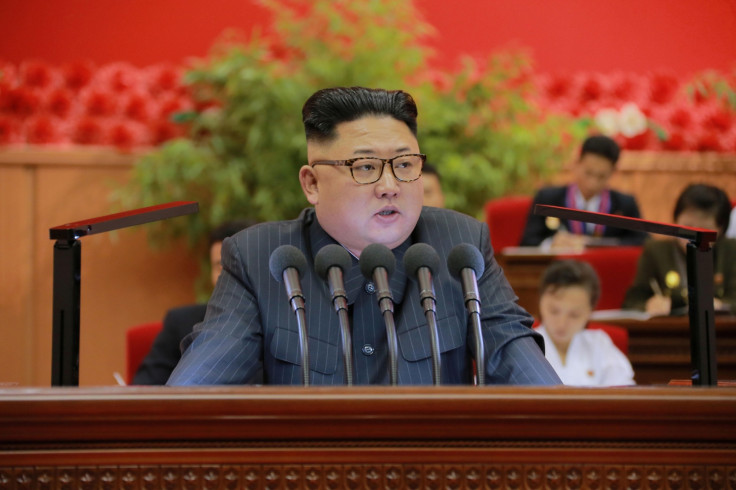Christmas in Kim Jong-un's North Korea means celebrating his grandmother's birthday instead of Jesus?
The reclusive regime reportedly has about 70,000 Christians imprisoned over religious or political offences.
Christians living in North Korea, under the dictatorial regime of Kim Jong-un, are forced to celebrate the birth anniversary of his grandmother, Kim Jong-suk, instead of Jesus Christ on Christmas Day (25 December).
The supreme leader of Democratic People's Republic of Korea (DPRK) has reportedly banned Christmas celebrations in the country and people are even warned against erecting Christmas trees.
However, defying the regime's strict warnings, some Christmas trees were erected in the capital of Pyongyang, especially in upscale shops and restaurants, New York Post reported, adding that the trees were largely stripped of religious symbols to prevent any action by government authorities.
The regime reportedly wants its people, irrespective of their religions, to worship his deceased grandmother, who was born on Christmas Eve in 1919. She was an anti-Japanese guerrilla and Communist activist, and wife of North Korea's first dictator, Kim Il-sung.
Many people in the country pay homage to the "Sacred Mother of the Revolution" by visiting her tomb. She had died under mysterious circumstances in 1949.
It is difficult to verify the news because of the reclusive regime, but past crackdowns on the minority Christian population in North Korea suggest the leadership is indeed, averse to Christmas celebrations and Christianity.

In 2014, the North Korean dictator had reportedly threatened rival South Korea of a war when the latter planned to erect a huge Christmas tree along the border. Seoul had to backtrack amid the threats.
Several human rights organisations alleged that the Pyongyang regime has about 70,000 Christians imprisoned over religious or political offences. The crackdowns reportedly began in the 1950s.
"The DPRK ostentatiously treats anyone of faith, but especially Christians, as hostile," Doug Bandow, a senior fellow at US think tank, wrote in an article in Forbes magazine in October.
"Before World War II missionaries were active throughout the [Korean] peninsula, then a Japanese colony, and more than a fifth of the population was believed to be Christian in 1948," Bandow said in his article.
He added: "Between 300,000 and 500,000 Christians are thought to remain in North Korea today. Refugees from the North report religious involvement ranging from 1.2% participating in to 5.1% witnessing secret religious activities."
© Copyright IBTimes 2025. All rights reserved.



















